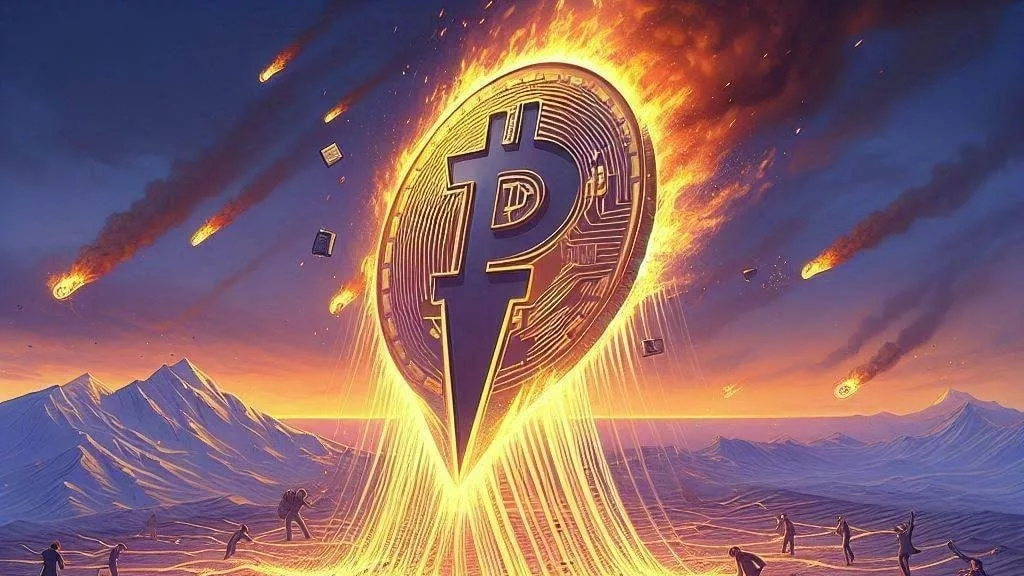
A report from the Attorney’s office stated that apart from hacks and outright scams, exchanges are not doing enough for their would-be investors when it comes to protecting cryptocurrency investor interests. The Attorney general felt that it was not a pretty picture because major exchanges are failing to guard their customers against fraud, manipulation, and abuse.
The report published, “[Virtual] asset trading platforms now in operation have not registered under state or federal securities or commodities laws,” also added, “Nor have they implemented common standards for security, internal controls, market surveillance protocols, disclosures, or other investor and consumer protections. Accordingly, customers of virtual asset trading platforms face significant risks.”
Barbara D. Underwood, Attorney General, New York State, reported, “As of today, there are no regulatory or even generally accepted prudential standards for determining whether a particular virtual asset can or should be listed on a trading platform.”
The official Twitter account of the New York state attorney reports, “we have also referred three platforms — Binance, Gate.io, and Kraken — to the New York State Department of Financial Services for possibly operating unlawfully in New York.”
Voluntary questionnaires were sent by the New York State Attorney General to a total of 13 major. Of which 9 responded.
The report issued a warning stating that “For non-participating platforms (Binance, Gate.io, Huobi, and Kraken), customers should be aware that those platforms may have received compensation for listing virtual currencies on their platform. Customers should evaluate whether that affects their decision to trade virtual currencies on those platforms. One recent report, for example, asserted that Binance had sought millions of dollars in bitcoins in exchange for listing a new token. “
Market manipulation with automatic and algorithmic trading and insider trading was suspected. Several of these companies who run these exchanges tend to buy and sell cryptocurrencies of their own companies, in order to display liquidity to the prospective buyers and co-investors.
“[When] a significant percentage of the volume in one or more assets on a venue is attributable to one source,” the report stated that “customers face the risk that the availability of liquidity in those assets could change, without notice and at any time, including when liquidity is needed most — namely, in times of market volatility or rapid price movement.”
This kind of trading will affect the mom and pop investors who might not be able to sell off their tokens when the prices reach the rock bottom. This will, in turn, lead them to be holding tokens, the price of which is declining rapidly than they can tolerate.
Consumers were given a warning that “Given these differences, customers should familiarize themselves with how their trading platform handles open orders during a suspension or outage and should be sure to understand whether their fiat or virtual currency can be transferred or withdrawn during those times.”
Very few customers understand that it is not possible for them to withdraw their fiat or virtual currencies during periods of suspension or outrages. And, this can happen without notice.



Get the latest Crypto & Blockchain News in your inbox.